What to Look for When Selecting an Alcohol Rehab in Asheville

Asheville is known for its natural wonders and architectural treasures – the city is immersed in the arts and a backdrop of mountains that accentuate its natural beauty. Alcohol addiction is something that individuals in Asheville struggle with, but there are ways to break the cycle of addiction. There are many options available for alcohol rehab in Asheville, NC, and trying to find the right one can be overwhelming if you don’t know what to look for. Long-term sobriety is possible in Asheville and can change lives for those looking to end alcohol addiction.
In North Carolina, the number of people addicted to drugs and alcohol has risen significantly over the last few years. With the rising number of people seeking treatment, new facilities have opened up across the state to help those who want to lead a sober life. In 2020, the number of facilities in the state treating alcohol and substance abuse totaled over 600.
Each year, more than 4500 North Carolina residents die from excessive drinking. These numbers are a significant concern across the state. More than 25% of residents reported drinking an excess of seven alcoholic beverages per occasion at least four times per month. This type of excessive drinking has been linked to violence, alcohol poisoning, injury, liver disease, and the development of alcohol use disorder (AUD).
Alcohol addiction, alternatively referred to as alcoholism or alcohol use disorder (AUD), is a complex condition shaped by a range of factors, encompassing genetic, psychological, social, and environmental influences. Recognizing both the causes and symptoms of alcohol addiction facilitates early detection, paving the way for timely intervention. Early identification of alcohol addiction empowers individuals, families, and healthcare providers to offer support and facilitate access to treatment and recovery for those grappling with this issue.
Causes of Alcohol Addiction
There is evidence to suggest that genetics play a role in predisposing individuals to alcohol addiction. People with a family history of alcoholism are at a higher risk of developing AUD themselves.
Environmental influences such as family upbringing, peer pressure, exposure to stress, trauma, or abuse can contribute to the development of alcohol addiction.
Mental health conditions such as depression, anxiety, bipolar disorder, or personality disorders may increase the likelihood of alcohol addiction. Individuals may use alcohol as a way to self-medicate or cope with emotional issues.
Cultural norms and societal attitudes toward alcohol consumption can influence drinking behaviors. Social situations where heavy drinking is encouraged or normalized can contribute to the development of alcohol addiction.
Signs of Alcohol Addiction
Individuals with alcohol addiction often find it difficult to control their drinking habits. They may drink more than they intend to and find it challenging to cut down or stop drinking altogether.
Persistent cravings for alcohol, accompanied by a strong desire to drink, are common signs of addiction. These cravings can be triggered by environmental cues, stress, or emotional distress.
Over time, individuals may develop a tolerance to alcohol, meaning they need to consume increasing amounts to achieve the desired effects. This can lead to escalating levels of alcohol consumption.
When not drinking, individuals with alcohol addiction may experience withdrawal symptoms such as tremors, sweating, nausea, anxiety, irritability, or insomnia. These symptoms can be relieved by consuming more alcohol.
Alcohol addiction can interfere with daily responsibilities such as work, school, or family obligations. Individuals may prioritize drinking over other important activities and neglect their obligations as a result.
Despite experiencing negative consequences such as health problems, relationship issues, legal troubles, or financial difficulties, individuals with alcohol addiction continue to drink.
Individuals may lose interest in activities they once enjoyed and spend a significant amount of time drinking or recovering from its effects.

To receive an alcohol addiction diagnosis in Asheville, it requires working with a healthcare professional or an addiction specialist. These professionals will conduct the required assessments, including physical exams, psychological evaluations, and discussions regarding the amount of alcohol being consumed. The first step of leading a sober life is identifying the presence of alcohol addiction and develop a personalized treatment plan that caters to individual needs.
Finding the right alcohol rehab in Asheville requires comparing your needs with the programs available at the facilities. There are several different approaches someone can use to find the right treatment program – the best are the ones that are uniquely tailored to the needs of the individual looking to achieve long-term sobriety. It is important to remember that there is not a one-size-fits-all approach to alcohol rehab in Asheville, so finding one that caters to a person’s individual needs is important.
When deciding which alcohol rehab in Asheville to attend, it is important to look at things like accreditation, treatment methods, qualifications, amenities, and success rates. Conducting the necessary research and touring facilities will make it easier to decide which program is right for you.
There will be many different options for achieving sobriety in an alcohol rehab in Asheville. These options may include, but are not limited to detoxification, individual therapy, group therapy, family therapy, medication management, holistic therapy, aftercare planning, and more. The duration and intensity of the program may vary based on individual addiction needs, but support from trained professionals will help with any underlying factors contributing to drug and alcohol addiction – even co-occurring disorders.
Success in an alcohol rehab in Asheville requires being dedicated, showing perseverance, and being committed to living a sober life. When participating in an alcohol rehab, individuals must actively participate in therapy sessions, follow treatment protocols, and work closely with healthcare and addiction specialists to achieve life-long sobriety. Having a support system, whether it is a group of friends, your family, or loved ones, can make all the difference in how the sobriety journey turns out.

Although attending alcohol rehab in Asheville may seem expensive, it should not be the reason that someone does not seek treatment for alcohol addiction. There are several ways to pay for alcohol addiction treatment – the first step is checking with the individual’s insurance company. Check with your insurance provider to determine what your insurance will cover, and if they will not cover the total cost of treatment, investigate payment plans, sliding fee scales, crowdfunding, and employee assistance programs through your employer. Finding the right financial arrangements can ease the overwhelming feeling that comes with seeking treatment, making it possible to achieve recovery.
Completing an alcohol addiction program in Asheville is a major achievement, marking the beginning of a new chapter in someone’s life. The next step is starting an aftercare program to help with continued support, which often comes in the form of ongoing therapy, support groups, and relapse prevention. These programs help people recovering from alcohol addiction when they leave an Asheville alcohol rehab program. Creating a strong support system after rehab and implementing the coping strategies learned in the program are important to maintain long-term sobriety and success.
Aftercare programs for alcohol addiction play a vital role in maintaining recovery outside of an alcohol rehab facility. Facilities often offer security when undergoing treatment, but those feelings can dissipate when returning to regular schedules in the real world. Asheville rehab centers offer many different after care options, including sober living homes, outpatient counseling, 12-step programs, SMART Recovery, and alumni support groups. Active participation in aftercare services helps to reinforce the skills and strategies acquired during an alcohol rehab program, making daily life easier to return to.
Traditional alcohol rehab and aftercare services may not be enough to help an individual maintain sobriety long-term. There may be a need for additional support after treatment ends. This additional support may include educational programs, participating in community-based initiatives, communicating with peers in online forums, and calling helplines staffed by trained professionals. Resources like these are valuable for individuals looking for information, encouragement, or guidance with recovery.
In Asheville, NC, you can find a variety of alcohol rehab programs, including inpatient/residential treatment, outpatient programs, detoxification services, and support groups.
The duration of alcohol rehab programs in Asheville, NC can vary depending on the individual's needs and the specific program. Programs can range from a few weeks to several months.
Alcohol rehab programs in Asheville, NC typically offer a range of services, including individual and group therapy, medical supervision, detoxification, counseling, medication management, and aftercare planning.
The cost of alcohol rehab in Asheville, NC varies depending on factors such as the type of program, duration of treatment, amenities offered, and whether it's covered by insurance. Some facilities offer financial assistance or sliding-scale fees.
Many alcohol rehab programs in Asheville, NC accept insurance. It's essential to check with individual facilities to determine which insurance plans they accept and what coverage is provided.
Yes, many alcohol rehab programs in Asheville, NC offer family therapy and support services to involve family members in the treatment process and address family dynamics and relationships affected by alcohol addiction.
To begin the process of alcohol rehab in Asheville, NC, you can contact local treatment centers, speak with a healthcare provider for referrals, or reach out to addiction hotlines or helplines for guidance and support in finding the most suitable program for your needs.

For anyone who wants to free themselves from alcohol addiction, there are several things to consider before starting treatment – like the types of programs available, how to pay for them, and post-rehab support. When you understand what to look for in alcohol rehab in Asheville, the easier it is to achieve sobriety. These facilities will help you build a support system that will be in your corner and help you maintain long-term sobriety. Remember, having the right resources and support can help with overcoming alcohol addiction.

